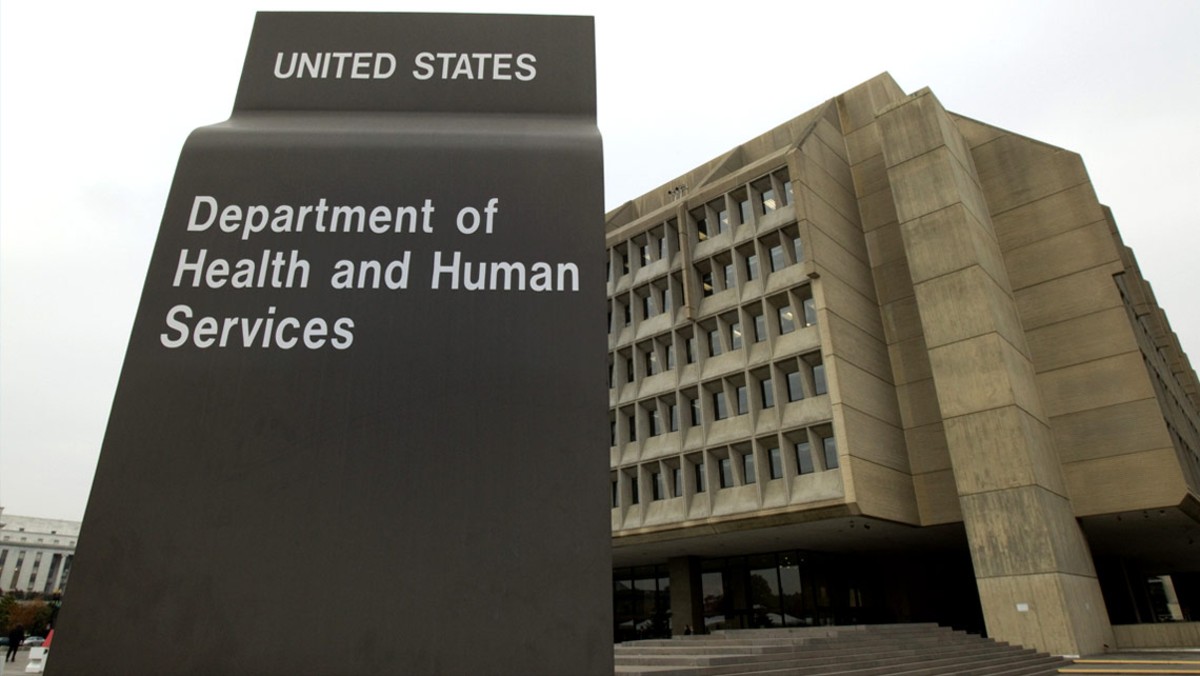
Trump Administration’s ‘conscience rule’ blocked by federal judge
Supporters of abortion welcomed the decision
A federal judge this week voided the Trump administration’s “conscience rule,” which had made it easier for health care workers to avoid helping with abortion or other medical procedures on religious or moral grounds.
“Wherever the outermost line where persuasion gives way to coercion lies, the threat to pull all HHS funding here crosses it,” said US District Judge Paul Engelmayer in Manhattan.
He said that the rule would have let the Department of Health and Human Services to withhold billions from healthcare providers that did not comply.
Engelmayer also wrote that the “stated justification for undertaking rule-making in the first place — a purported ‘significant increase’ in civilian complaints relating to the conscience provisions — was factually untrue.”
Reactions, of course, split along familiar lines.
Supporters of abortion welcomed the decision. “Everyone deserves to access the health care they need,” Alexis McGill Johnson, the acting president of Planned Parenthood, said. “This rule put patients’ needs last.”
“This decision leaves health care professionals across America vulnerable to being forced to perform, facilitate or refer for procedures that violate their conscience,” said Stephanie Taub, senior counsel for the First Liberty Institute, the largest American legal organization dedicated to protecting religious liberty. “The Trump administration’s HHS protections would ensure that health care professionals are free to work consistent with their religious beliefs while providing the best care to their patients.”
Engelmayer’s ruling was based on the financially punitive nature of the Trump rule, which allowed HHS to withhold federal funding from health care organizations that failed to comply with the conscience exemption. Engelmayer explicitly rejected arguments that conscientious objection somehow violates the Establishment Clause of the US Constitution and constitutes an “excessive religious accommodation.”
“Persons seeking to dissociate themselves from an abortion or sterilization procedure may or may not act on the basis of a religious, as opposed to a secular, conviction,” Engelmayer wrote. As a result, the argument against a conscience provision on the grounds that it is an establishment of religion fails, he said.
Michael Cook is editor of BioEdge
Creative commons
https://www.bioedge.org/images/2008images/FB_HHS3_1140x642.jpg
conscience rule
conscientious objection
- How long can you put off seeing the doctor because of lockdowns? - December 3, 2021
- House of Lords debates assisted suicide—again - October 28, 2021
- Spanish government tries to restrict conscientious objection - October 28, 2021
